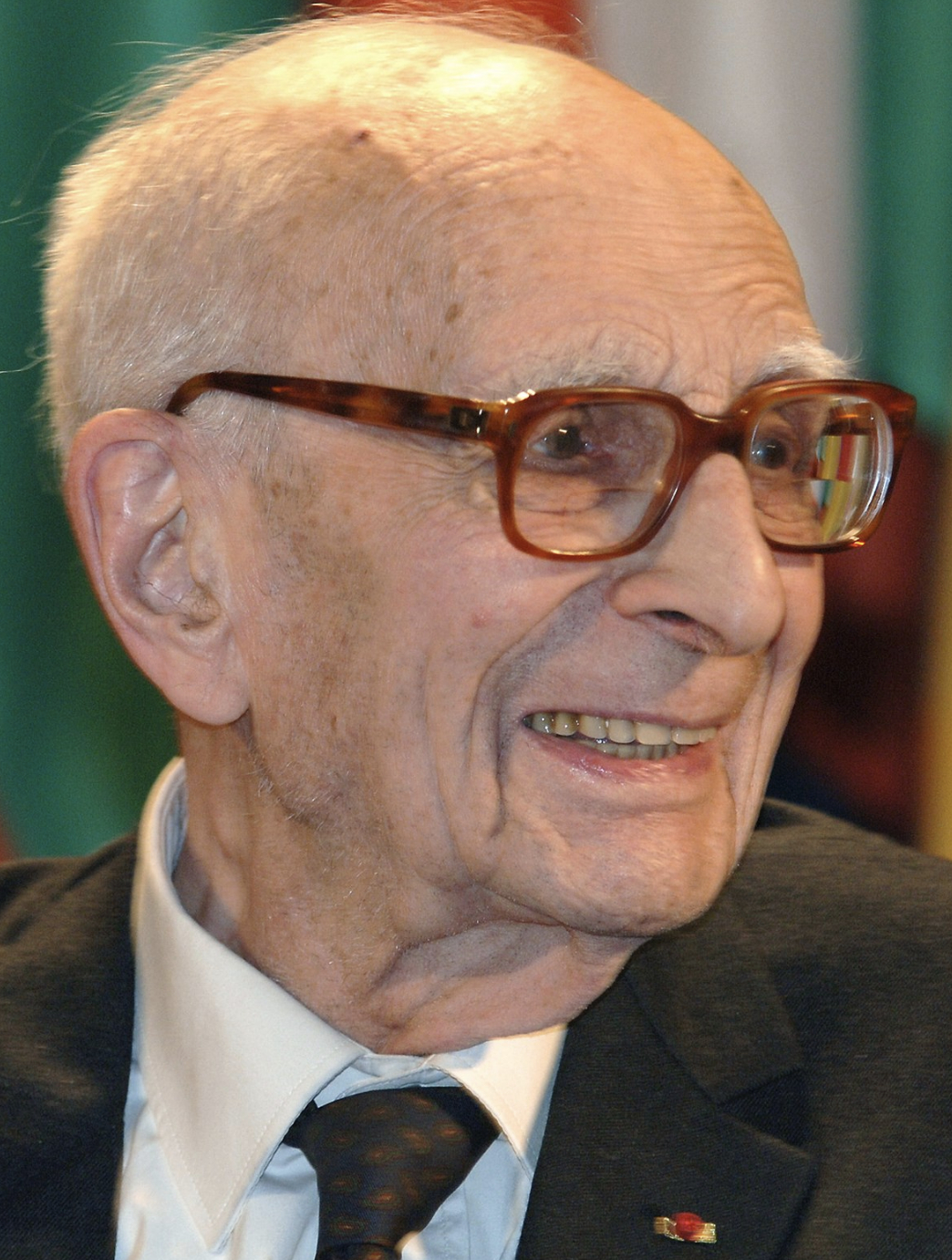On this date in 1908, anthropologist and ethnologist Claude Lévi-Strauss was born to French Jewish parents living in Brussels. Lévi-Strauss was instrumental in the development of structuralism and structural anthropology, incorporating the structural linguistics of Ferdinand de Saussure into anthropological theory. He was dismissed from a teaching position in 1940 due to the Vichy racial laws in Nazi-occupied France. These same anti-Semitic laws would subsequently strip him of his French citizenship and force him to move to New York City to find work teaching at the New School for Social Research.
Lévi-Strauss’ time in New York, perhaps especially because he was working alongside other intellectuals in exile, proved massively influential on his work. Upon publication of Tristes Tropiques (1955) — part memoir, part travelogue, part philosophical treatise — he was recognized as one of the world’s foremost intellectuals.
He chaired the department of social anthropology at the Collège de France from 1959-82 and was elected to the Académie Française in 1973. He received nearly every major honor given to French intellectuals, including the Grand Cross of the National Order of the Legion of Honour. He is frequently referred to as the “father of modern anthropology.” His most influential and adventurous work, La Pensée Sauvage (The Savage Mind, 1962) documented an important debate with Jean-Paul Sartre over the nature of human agency, history and social change. In the book, Lévi-Strauss’ structuralism is presented as an alternative to Sartre’s existentialist philosophy.
He married Dina Dreyfus in 1932, Rose Marie Ullmo in 1946 and Monique Roman in 1954 and had sons, Laurent and Matthieu, with Ullmo and Roman. He died in Paris a few weeks short of his 101st birthday. (D. 2009)
PHOTO: Lévi-Strauss in 2005. UNESCO/Michel Ravassard photo.


